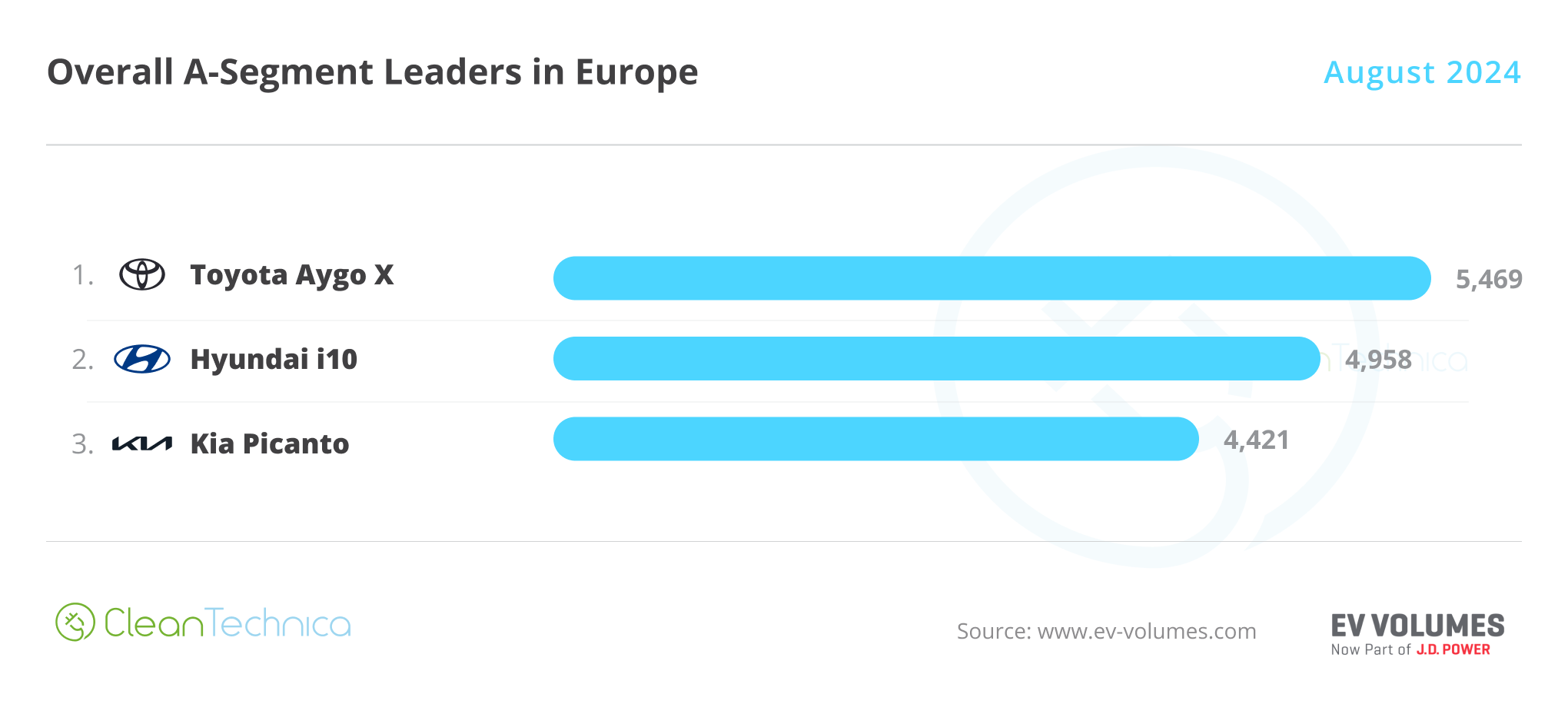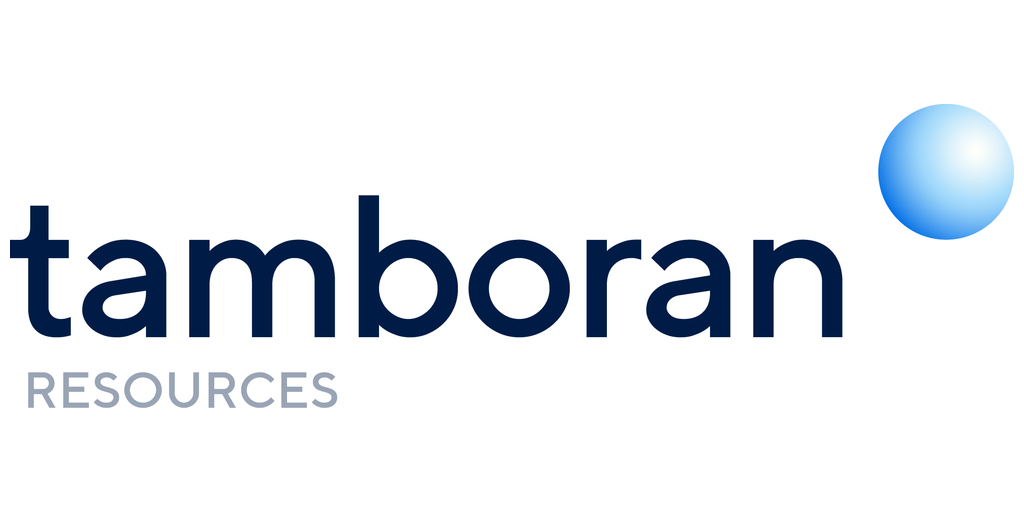The Buckreef gold project is developed as an open pit mine, comprising a dormant gold mine and four prospects located in the north-central region of Tanzania.
According to a joint venture agreement signed in October 2011, Tanzanian Gold (formerly Tanzanian Royalty Exploration) holds a 55% interest in the Buckreef gold project while the remaining 45% is owned by the Tanzanian State Mining Company (Stamico).
The project commenced commercial production in November 2022. The gold project is expected to produce 822,000oz over its estimated mine life of 16 years.
A new three million tonnes per annum sulphide processing plant is being developed at the mine. It is expected to produce 150,000oz to 175,000oz of gold annually.
Additionally, a $6m expansion to add a third mill is ongoing at the mine. The third mill will increase the processing capacity from the current 1,000 tonnes per day (tpd) to 2,000tpd and is expected to be commissioned in the second half of 2024.
A crushing circuit part of the third mill was commissioned in April 2024.
Buckreef gold project location
The Buckreef gold project site is located 45km south-west of Geita district and immediately towards the south of Victoria Lake Goldfields in north-central Tanzania.
It is situated 110km south-west of the city of Mwanza.
The project can be accessed by ferry from Mwanza across Smith’s Sound and Lake Victoria through Busisi or Kamanga, and via a sealed road through Geita.
Alternatively, the site is accessible via a sealed road through Kahama and Shinyanga, followed by a gravel road north to Bulyanhulu before turning west to Nyarugusu.
Geology and mineralisation details
The Buckreef project is located within the Lake Victoria Greenstone belt in northern Tanzania, which comprises several east-west trending, linear, Archaean greenstone belts.
The project aims to develop four deposits: Buckreef, Eastern Porphyry, Tembo, and Bingwa.
Gold mineralisation at Buckreef is linked with pyrite-silica-carbonate alteration, with the highest grades present in intensely altered and fractured host rocks, often accompanied by quartz veining.
Mineral reserves
The Buckreef gold mine was estimated to contain 19.2 tonnes (t) of proven and probable reserves grading 1.54g/t of gold, as of May 2020.
Mining method
The Buckreef gold mine is an open-pit mining operation involving conventional drilling, blasting load and haul.
The project targets high-grade oxide reserves at or near the surface. The use of trucks and loaders delivers cost benefits and good selectivity.
The mining fleet includes 17 40t trucks and four backhoe excavators to haul waste and ore materials through the life of the mine.
Ore processing
The run-of-mine ore undergoes screening before being crushed in a primary jaw crusher, with the resultant material collected in a bin and subsequently transported to the milling plant.
The crushed ore combines with the oversize particles from the mill and enters the multishaft mills through a two-way splitter chute on the feed conveyor.
The mills discharge directly into a Rotaspiral equipped with a 100µm sizing screen.
The final milling product is transferred to the gravity concentrators. The underflow from the Rotaspirals is channelled to the gravity feed tank, where two Knelson concentrators, arranged sequentially, further refine the ore.
The ensuing concentrate is then funnelled to a Deister concentrating table, gathered, and packaged.
The tailings from the gravity concentration stage are conveyed to a dewatering cyclone. The cyclone underflow is fed into a pre-leach thickener for densification. Subsequently, the thickened underflow is pumped to the leaching carbon-in-leach (CIL) facility.
At the CIL facility, lime is added to the slurry in a pre-conditioning tank to adjust the pH to above ten before it progresses into the first of six CIL tanks.
The loaded carbon is then treated in the acid wash area to eliminate impurities.
The carbon undergoes a Zadra-type elution process, where gold is stripped using a high-temperature and pressure caustic soda/sodium cyanide solution.
The stripped gold is then subjected to electrowinning, culminating in the production of the final dore bars.
Infrastructure at Buckreef gold project
The project includes a 110kV transformer substation, provincial roads, a Tanzania Telecom line and cell phone coverage by Vodacom, Airtel, Halotel and Tigo.
The infrastructure includes waste rock sites, a central ore milling and processing plant, tailings storage facilities, mine operation buildings, an ore stockpile, and office and housing spaces with on-site accommodation.
The project site also has access to a 1,000m gravel airstrip for emergency medical evacuation.
The existing infrastructure also includes a defunct vertical shaft, open-pit and waste rock dump, borehole for domestic water sources, waterlines, pumps, inoperative heap leach pads, a 10 tonnes per hour carbon-in column processing plant, a 200t tonnes per hour crusher unit with scrubbers, as well as office and accommodation buildings.
The electrical power for the Buckreef mine site is supplied by Tanzania Electricity Supply Company via a single transmission line.
Contractors involved
Virimai Projects, an engineering and project management services provider, was contracted to prepare the pre-feasibility study for the project.
MaSS Resources was selected to prepare an independent optimised mine plan, in October 2016.
It published the technical mining reserve estimate and economic feasibility study report in May 2017, which was later reviewed by Virimai.
SGS Canada, a testing, inspection and certification company, conducted metallurgical testing on the primary ore at its facilities in Ontario, Canada.
PricewaterhouseCoopers Corporate Finance, a brokerage company, was selected to help secure financing for the Buckreef gold project in May 2020.




